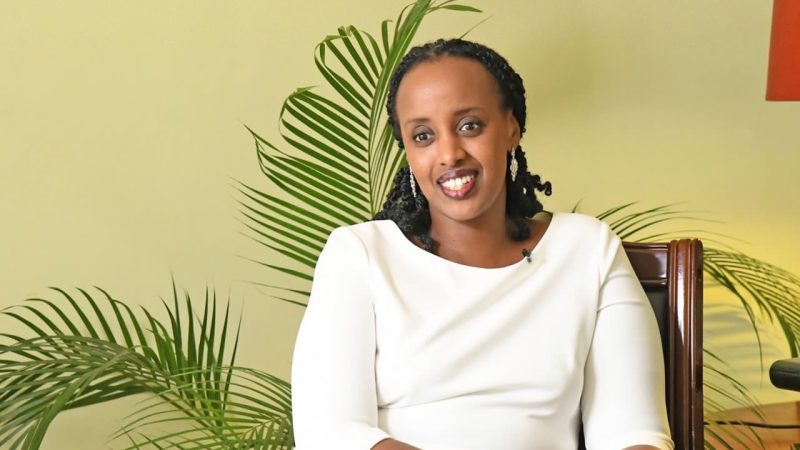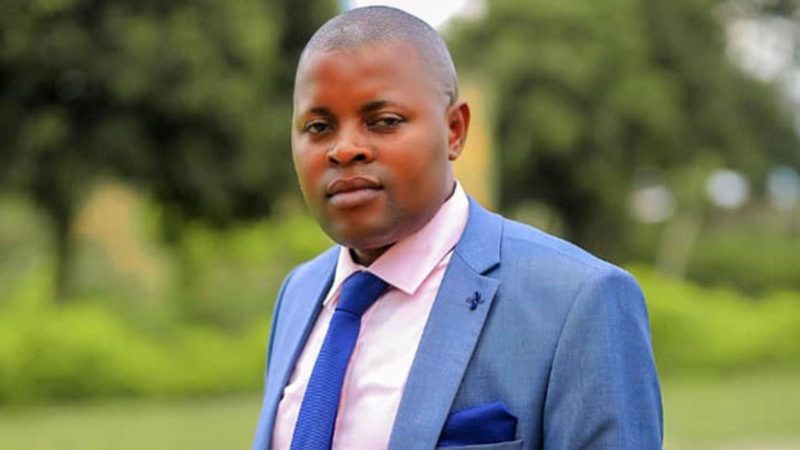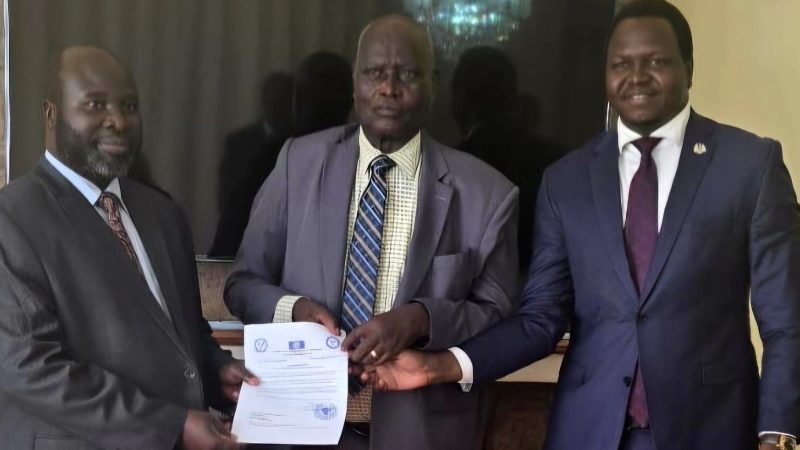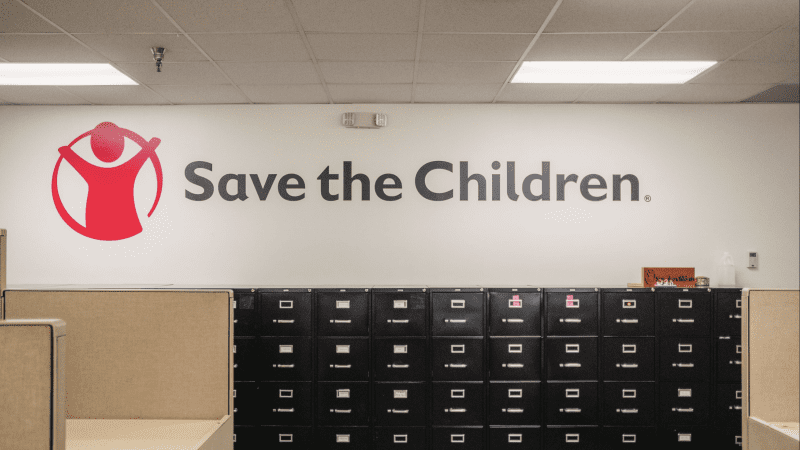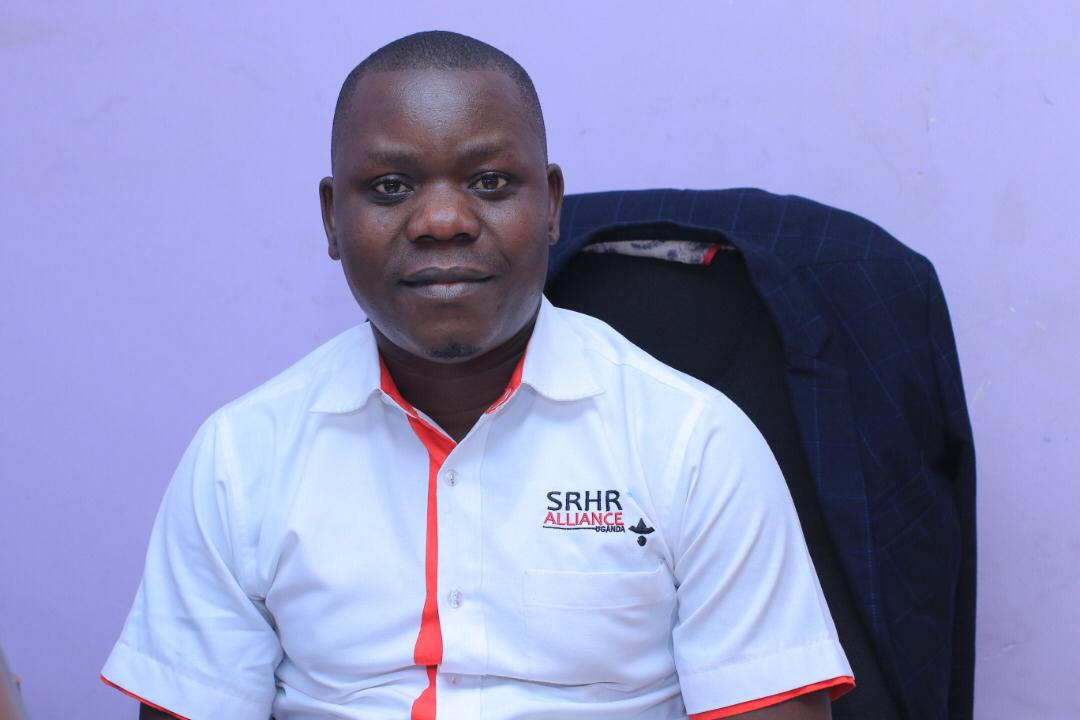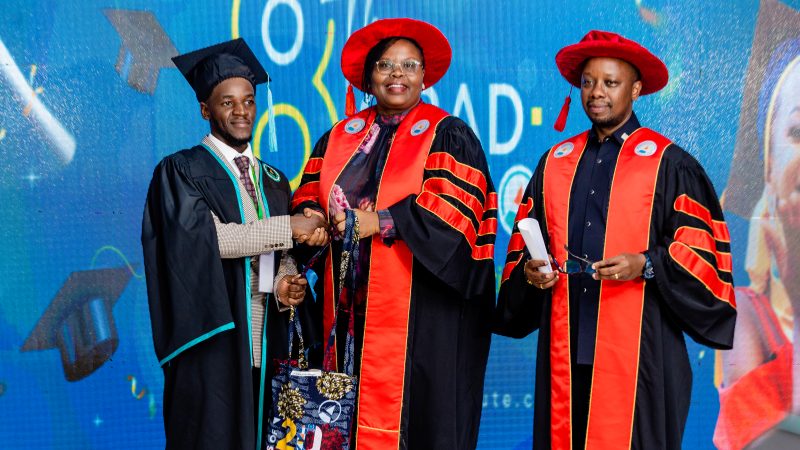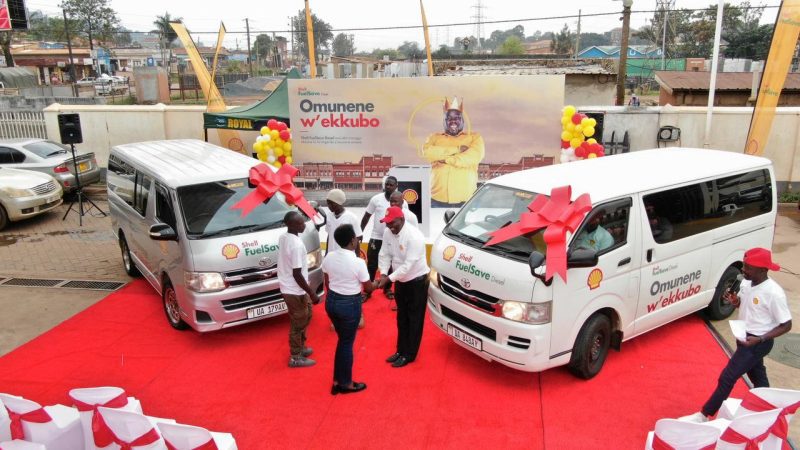By Charles Owekmeno
This Sunday 8th March 2020 marks 45 years since the United Nations adopted the celebration of International Women’s day. Over these years a lot of progress and gains have been made towards achieving gender equality but for a majority of women especially in developing countries, equality still remains a far-fetched dream due to dominant-negative masculinities and patriarchal set up in most communities.
It is even more prevalent in larger organizations, where women face a great deal of discrimination in terms of job, position, salary, and promotion. Mergemarket Ltd., for example, faced a lawsuit in 2015 from a former employee who accused the company of being gender and racially biased. Though the verdict came after a while, and the court concluded that the “Mergermarket lawsuit heads for mediation,” the fact that there is a significant amount of discrimination against people in such big organizations, their daily lives cannot be an exception.
As we commemorate this years’ International Women’s day “I am Generation Equality: Realizing Women’s Rights” it is important to reflect on how sexual and reproductive health challenges have continued to stand in the women’s and girls’ aspirations towards realizing gender equality.
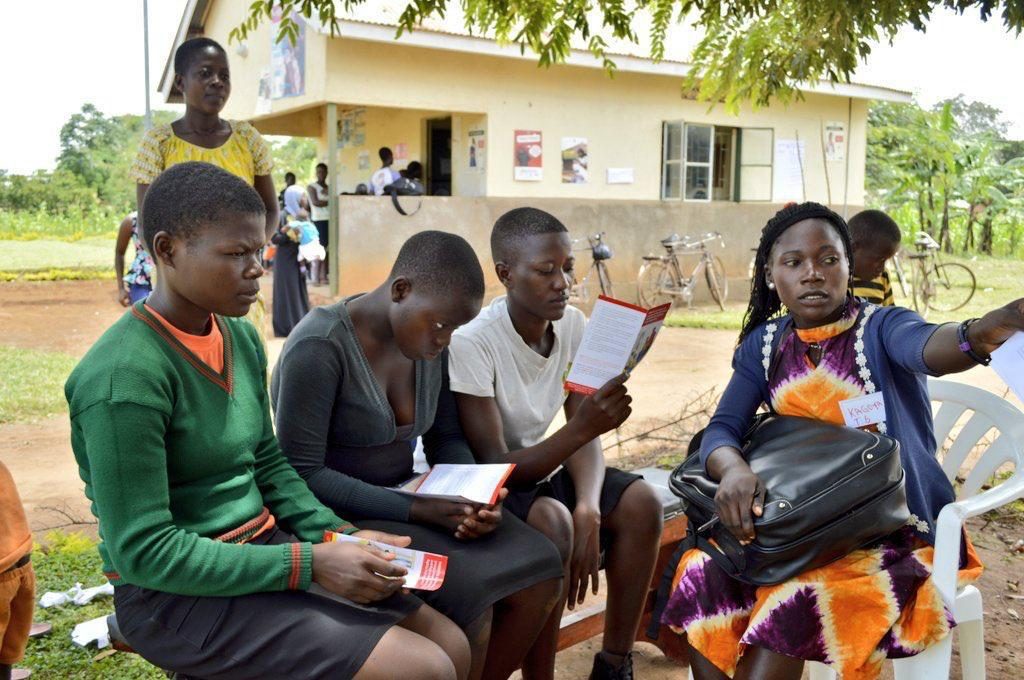
It should be noted that several women and girls still experience cultural and social hindrances that limit them from accessing critical Sexual Reproductive health rights (SRHR) information and services such as sexuality education, affordable contraceptives, menstrual health services, safe abortion, and antenatal services among others. Many women and girls can hardly access SRH services and information even when they want to do so either due to stigma, partner refusal, or they are unavailable. Speaking of equality in sexual rights, many of the time women have to go through the procedure of tubectomy or pop in a birth control pill. There should be equality in family planning and birth control as well. nowadays, one can access gentler ways of vasectomy otherwise known as no-scalpel vasectomy. Such procedures can be done quickly and without pain. Also, the downtime after such a birth control procedure can be less (you can read more about no scalpel vasectomy aftercare here).
Coming back, limited access to essential SRHR services and information by women and girls account for the high rate of SGBV, unsafe abortion, FGM, teenage pregnancy and early marriages across different communities in Uganda. According to the Uganda Demographic Health Survey (UDHS, 2018), Uganda still experiences an unacceptably high rate of unmet family planning needs at 28% yet teenage pregnancy at 25%. In addition, 49% of women between 20 and 24 years of age got married off before 18 and have an average of 6 children. This implies the majority of girls have early sexual debut thereby exposing them to multiple SRHR related challenges like Fistula. In the long run, these challenges make them susceptible to a wide range of reproductive health illnesses that limit their productivity hence standing in the way of achieving gender equality and women empowerment.
Efforts by government, civil societies and development partners to address these hindrances are notable, but negative masculinities still prevail and continue to stand in the way of women’s and girls’ rights and opportunities to prosper and realize their full potentials. This has continued to cripple the status of women in society as well as exposed them to stigma and discrimination which limits their potential to thrive socially and economically.
The government of Uganda has committed through a number of international instruments such as ICPD, ESA commitments, Abuja Declaration and London summit (2017) among others to advance, finance and promote access to key SRHR services by women and girls. Implementation of these commitments needs to be fast-tracked if the country is to sustainably reap from the dividend of gender equality and women empowerment.
This is also based on the fact that Women and Girls constitute about 51% of the population hence empowerment of women remains the cornerstone to realizing some of the major national development goals such as vision 2040.
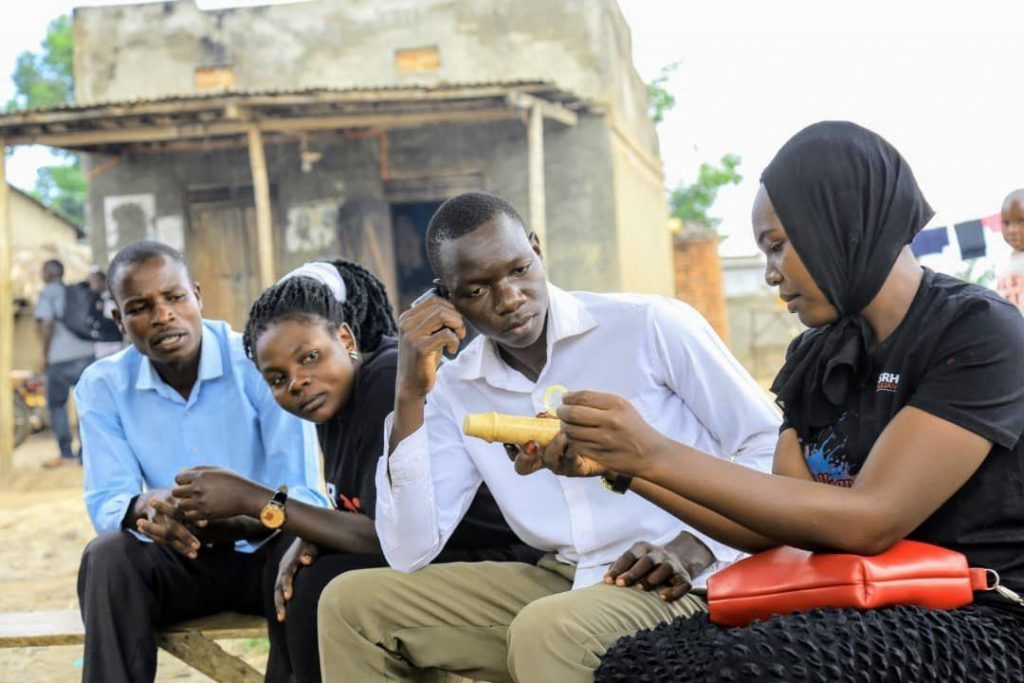
For the last 4 years, SRHR Alliance Uganda through the Get Up Speak Out project has been working to attain equality through advancing SRHR for young people. The Alliance empowers the girl child at the grassroots like schools and communities where we reach out to them with information and services to ensure that they are not exposed to lifestyles that may put their lives at risk.
We also use approaches like Gender Transformative Approach and Whole School Approach to ensure that those around girls like boys, teachers, senior women and men, Guardians have relevant information on SRHR challenges like Menstrual health which has been a notable factor in contributing to school dropouts, in the long run, we have seen measurable results where more girls have remained in school free from stigma.
We are also grateful to the Ugandan government for passing several supportive SRHR policies, information and service provision to both women and young girls, OUR desire now is to see the adolescent health policy is passed and the National Sexuality Education Framework operationalized to inform SRHR programming for young people both in and out of school.
We believe when adolescents and young women have access to SRHR information and services, they will be in a position to make informed choices about their lives and bodies and will be a great driver to attaining gender equality.
“I am Generation Equality: I am for adolescent girls and young women’s empowerment through increased access to SRHR services and information”
Author of this article is the National Coordinator of the Sexual Reproductive Health and Rights Alliance Uganda


